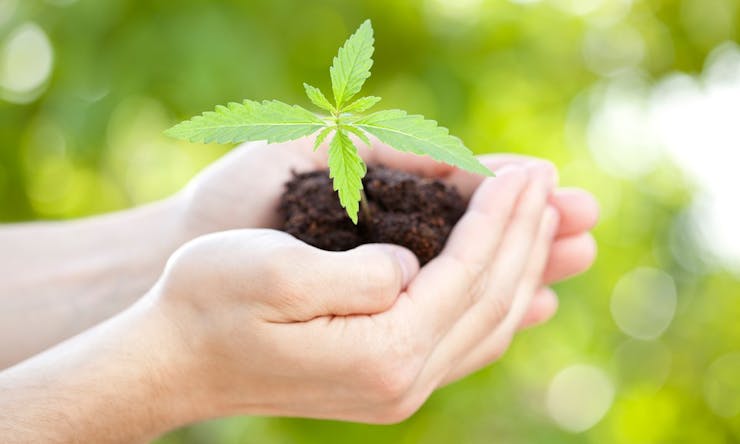I realize that headline might come off as contradictory to anyone who sees cannabis as a part of the substance abuse problem at large, but if you were to entertain the irony of it for a moment, you might find yourself surprised by the ways cannabis is helping this epidemic.
From early drug education to the social stigmas of adulthood, we’re constantly being told that cannabis is just another drug to avoid. But now that attitudes and laws are beginning to shift, we have evidence that the relationship individuals have with marijuana is so much more complicated than that. Realizing the potential cannabis has to change lives for the better can be the difference between life and death for many people, and that is anything but an exaggeration.
Like everything that produces any type of pleasure response, people can certainly become dependent on cannabis, but unless there are any big plans on re-wiring the human brain altogether, we’ll have to accept that humans are always going to chase the things that make them feel good.
Of all the drugs available to us, cannabis is among the benign. You cannot fatally overdose on it. Its addictive potential and side effects are minimal, and in many cases, non-existent. Cannabis is 114 times less toxic than alcohol and was the only recreational drug to be rated “low risk” in a recent comparative risk assessment study.
In a study published last month in Drug and Alcohol Review, researchers found that most patients (of a 473-person sample size) using medical marijuana ditched alcohol and prescription drugs. Over 80 percent reported substituting prescription drugs with cannabis, almost 52 percent used it in place of alcohol, and 32 percent left other illicit drugs for it. Read over these statistics and tell me that this isn’t good news.
Prescription Painkillers
- Almost 2 million Americans are dependent on opiate painkillers
- 17,000 Americans die from opiate overdoses annually (that’s 46 every day)
- About 75% of opiate addiction patients turn to heroin as a cheaper source
- 259 million opiate prescriptions were written in 2012
Alcohol
- Over 17 million Americans are dependent on alcohol
- 88,000 Americans die from alcohol-related deaths annually (that’s 241 a day)
- 5.4 million people ages 12 to 20 are binge drinkers
Another study from 2014 found that painkiller overdoses decreased 25 percent on average in states with medical marijuana laws. And in this 2006 study on drug rehabilitation trends, moderate cannabis use even correlated with higher treatment retention rates among patients with cocaine addiction.
Here’s the thing: people aren’t just replacing other drugs with cannabis because it also gets them high – patients are substituting because cannabis helps them. Many of these people are patients dealing with severe pain who were prescribed opiates because that’s what’s legal, and some who formerly used alcohol to cope with stress or mood disorders have found solace in cannabis instead.
In a perfect world, we wouldn’t need (or think that we need) any drugs to cope with the struggles life throws at us. We can’t expect cannabis to fix all those statistics above, but let’s say people truly did replace more harmful substances with cannabis at the rates cited in the study above. It begs the question, how many more of us would still be here?
Catch up on our other Medical Minutes, or check out the related links below.







